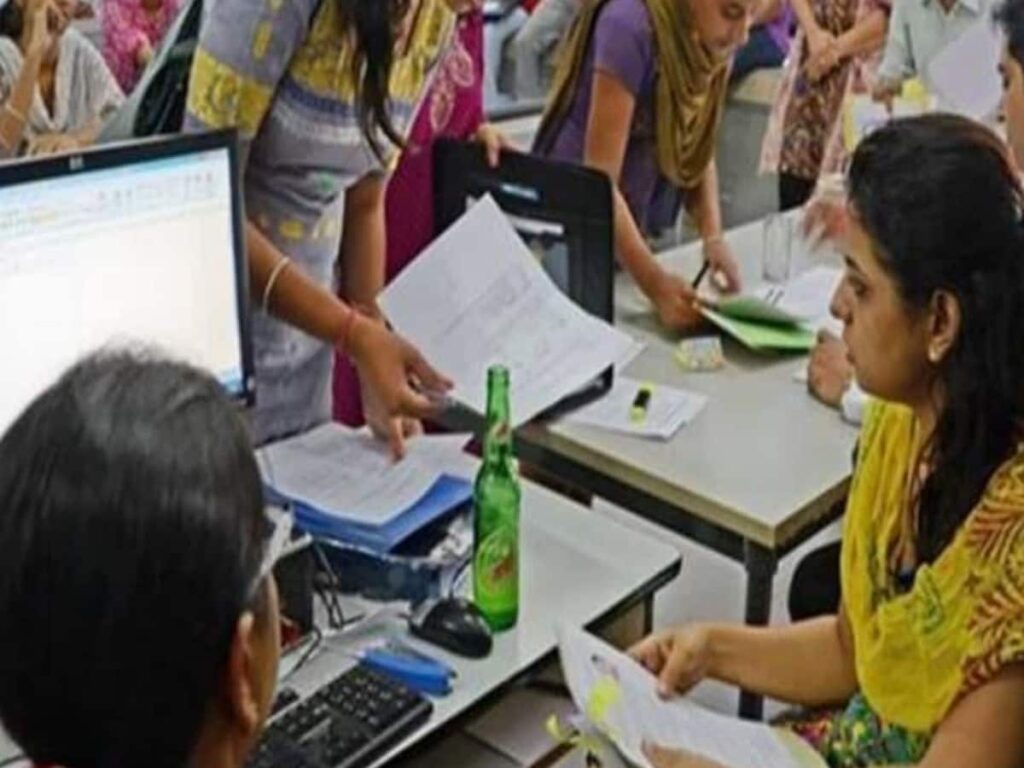In recent developments, the National Income and Merit-Based Scholarship Examination has faced significant processing delays. A total of 14,756 applications for both new and renewal scholarships are currently pending at various administrative levels, including those of Institutional Nodal Officers (principals) and District Nodal Officers (District Education Inspectors). This situation raises concerns about accessibility and equity in education funding.
Understanding the National Scholarship Scheme
The National Income and Merit-Based Scholarship Scheme aims to provide financial assistance to deserving students from economically weaker sections of society. This initiative is crucial for promoting educational equity and ensuring that talented individuals have the resources to pursue their studies without financial burden.
Application Process
The application process for this scholarship includes several key steps:
- Eligibility verification based on income and merit.
- Submission of required documents, including income proof, identity verification, and educational qualifications.
- Review and approval by designated Nodal Officers at both the school and district levels.
Current Status of Applications
The delay in processing applications has led to significant frustration among candidates. The table below summarizes the status of pending applications:
| Status | Number of Applications |
|---|---|
| Pending at School Level | 8,500 |
| Pending at District Level | 6,256 |
Impact of Delayed Processing
The backlog of applications poses various challenges:
- Financial Strain: Families relying on these scholarships may find it difficult to cover educational expenses, leading to increased dropout rates.
- Academic Stress: Students awaiting scholarship awards may experience anxiety, impacting their academic performance.
- Increased Application Volume: Delays may result in a higher influx of applications in future cycles, further straining the administrative framework.
Possible Solutions
To mitigate these delays, several strategies could be implemented:
- Streamlined Processes: Improving the efficiency of the application review process can help reduce bottlenecks.
- Digitalization: Implementing an online system for application submission and tracking could enhance transparency and speed.
- Increased Recruitment of Nodal Officers: Hiring additional personnel to manage these applications may alleviate the workload on existing staff and ensure timely processing.
Conclusion
The current backlog of 14,756 scholarship applications highlights structural inefficiencies within the National Income and Merit-Based Scholarship system. Addressing these issues is imperative to uphold the integrity of the scholarship program and ensure access to education for all deserving students. By implementing strategic reforms and leveraging technology, the relevant authorities can enhance the application process, ultimately fostering a more inclusive educational landscape.

